




We are entirely student-led, from writing and editing the articles to deisgning them ecvryone is a student! If you’re interested in a career in publishing/ journnalism, this is a great cv builder and a great way to get your thoughts and visions out to the campus create new friends. DM The Magdalen Magazine on Facebook for more details.

The Magdalen Mag az ine
@t hema gdalenma g
@t hema gdalenma g
The Magdalen Mag az ine
ww w.themagda len.co.uk
Dear Readers,
What a crazy, stupid year. We laughed, we cried (mostly me), and we all made friends and memories along the way. This last issue is a bumper one, encasing a whole bunch of our fantastic, brilliant, beautiful (objectively so), contributors. As my last issue as EiC, and Arianna’s as Deputy, I feel like we ought to end on some huge, moving, meaningful remark, but I can’t really think of anything to say except: Thank you, for your contributions, for your readership, for your time.
I recommend you watch this space; we’ve set up a tremendous team to take The Mag into next year. With Molly Wilson and Eva Milne taking over from myself and Arianna, and Heidi Le and Ayla Ahmed already onboard as Creative Directors, we are positively buzzing for the next era.
Can’t wait to see what you make and once again, I hope you’re all making good choices but if you’re not, try to make fun ones!
Much love and gratitude,
Hannah & Arianna &


Hi Everyone!
Hope all the final exams and submissions went well! We can’t believe this is already the last issue of the year and we can’t wait to do it all again after summer. In the meantime, we’ll be working on a new redesign for The Magdalen that we’re super excited for everyone to see next issue!
With this issue we’re also saying goodbye to the lovely Editorsin-Chief Hannah and Arianna who have been such a pleasure to work with! We’re excited to welcome on all the new members of the team after summer!
For now, enjoy this read, take a well-deserved break, and see you all after summer!
All the best,

Heidi and Ayla &
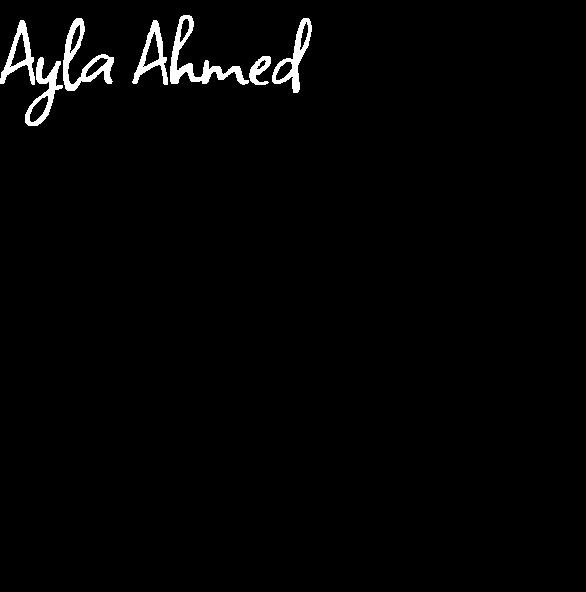


A History & Politics' Student’s (slightly humorous) Reflections on the Rise of Fascism
The Power of Story Albums: Ethel Cain's Preacher's Daughter
Alien: A Horrifying Narrative on Sexual Politics
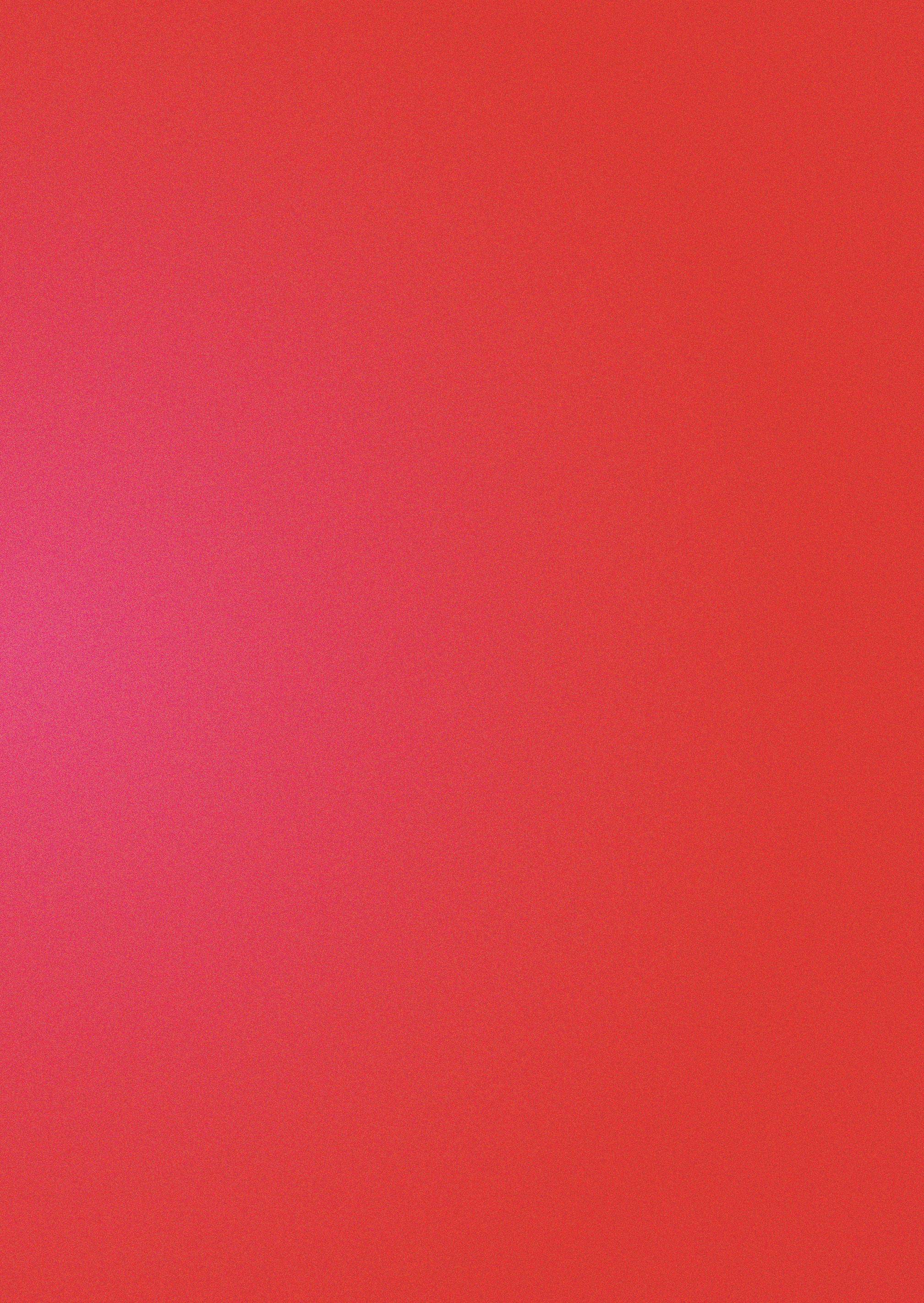

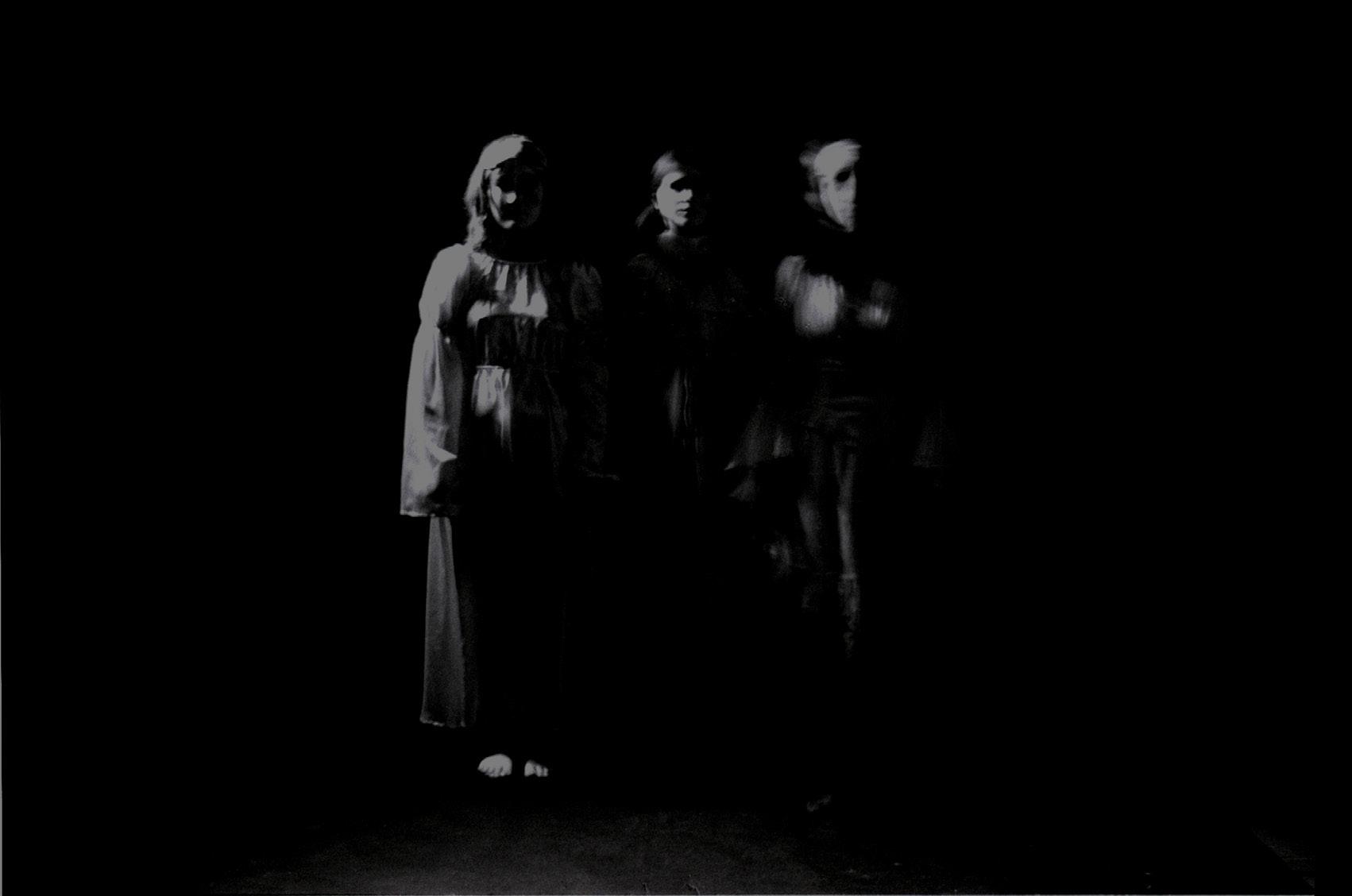

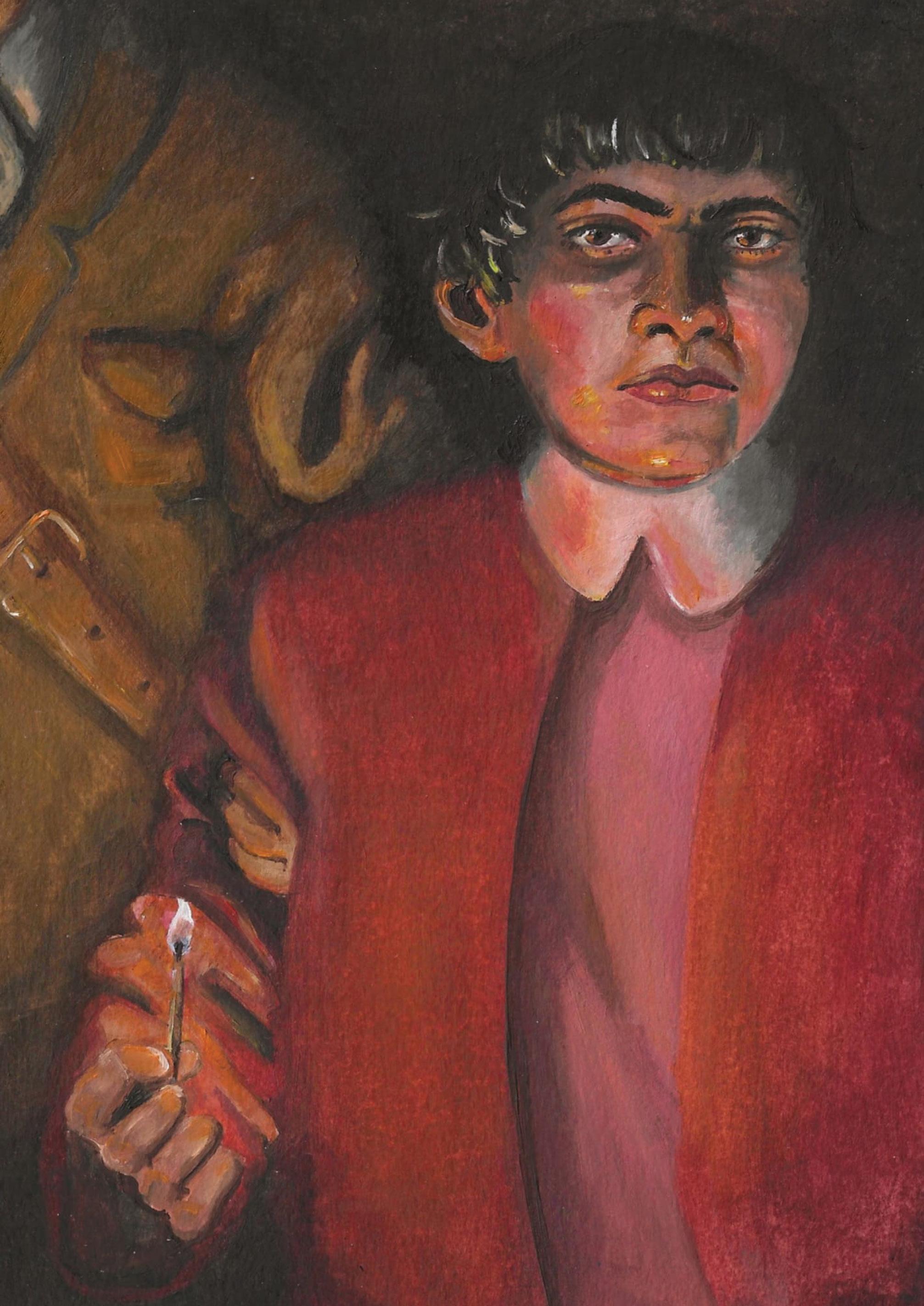

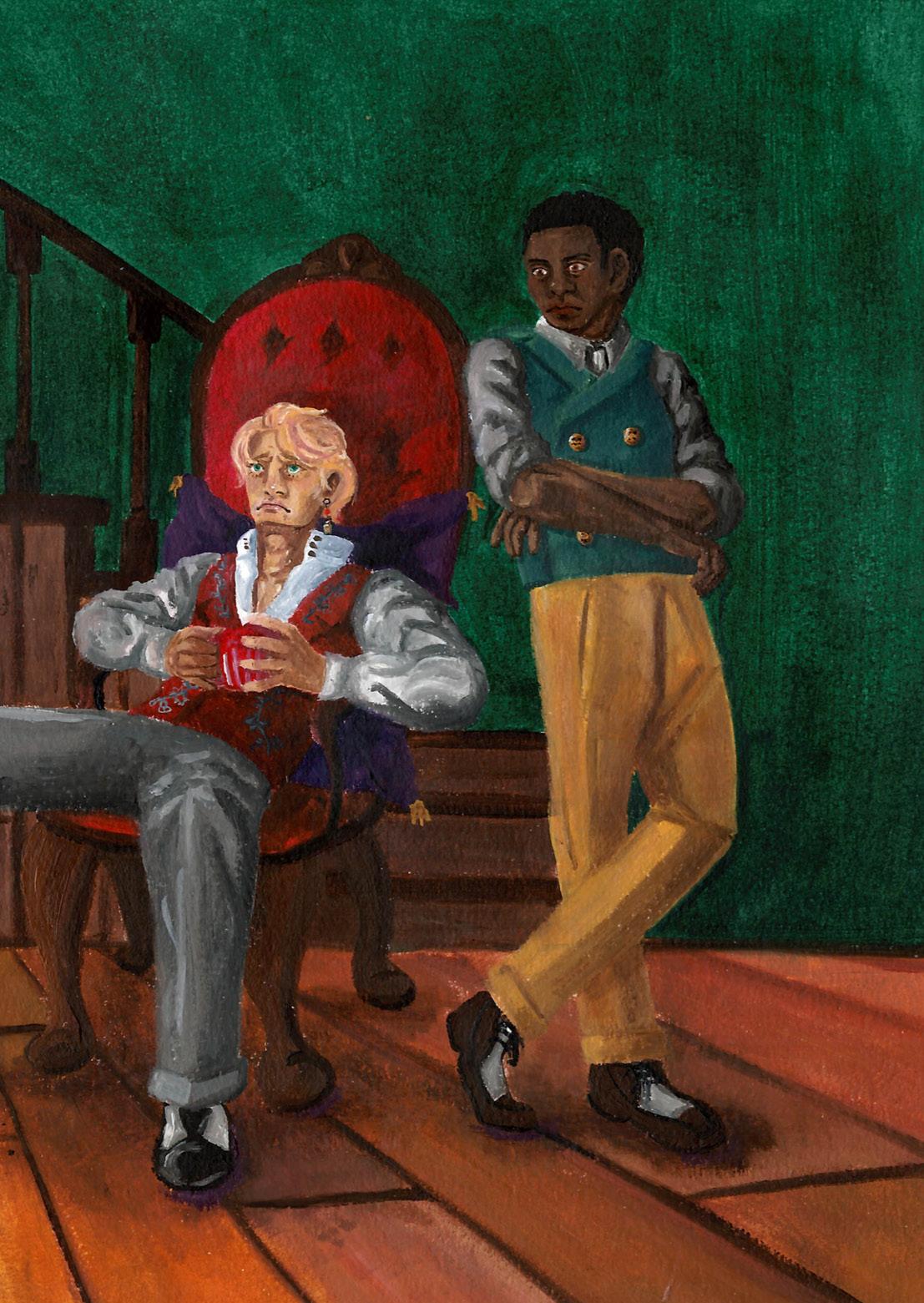
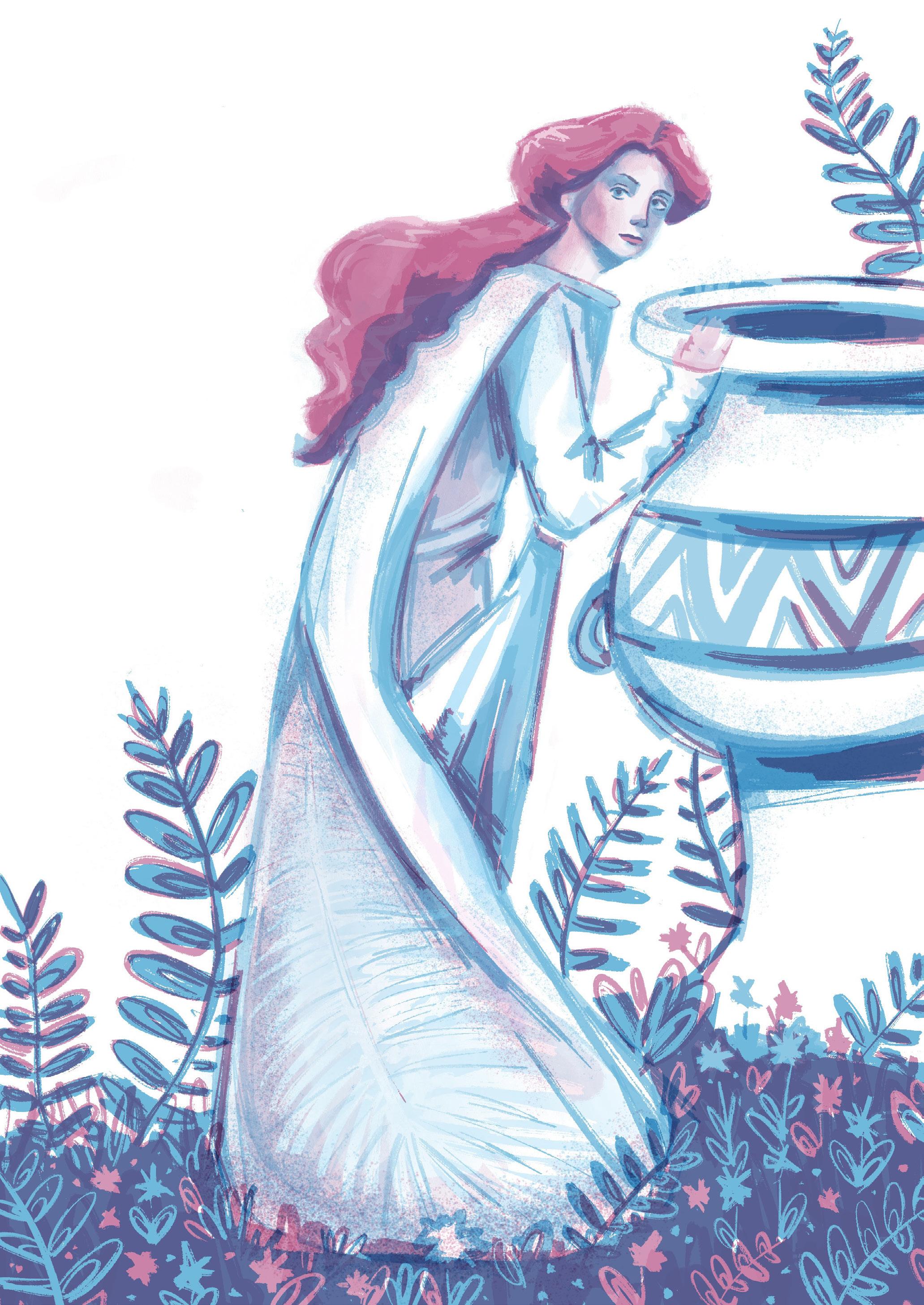



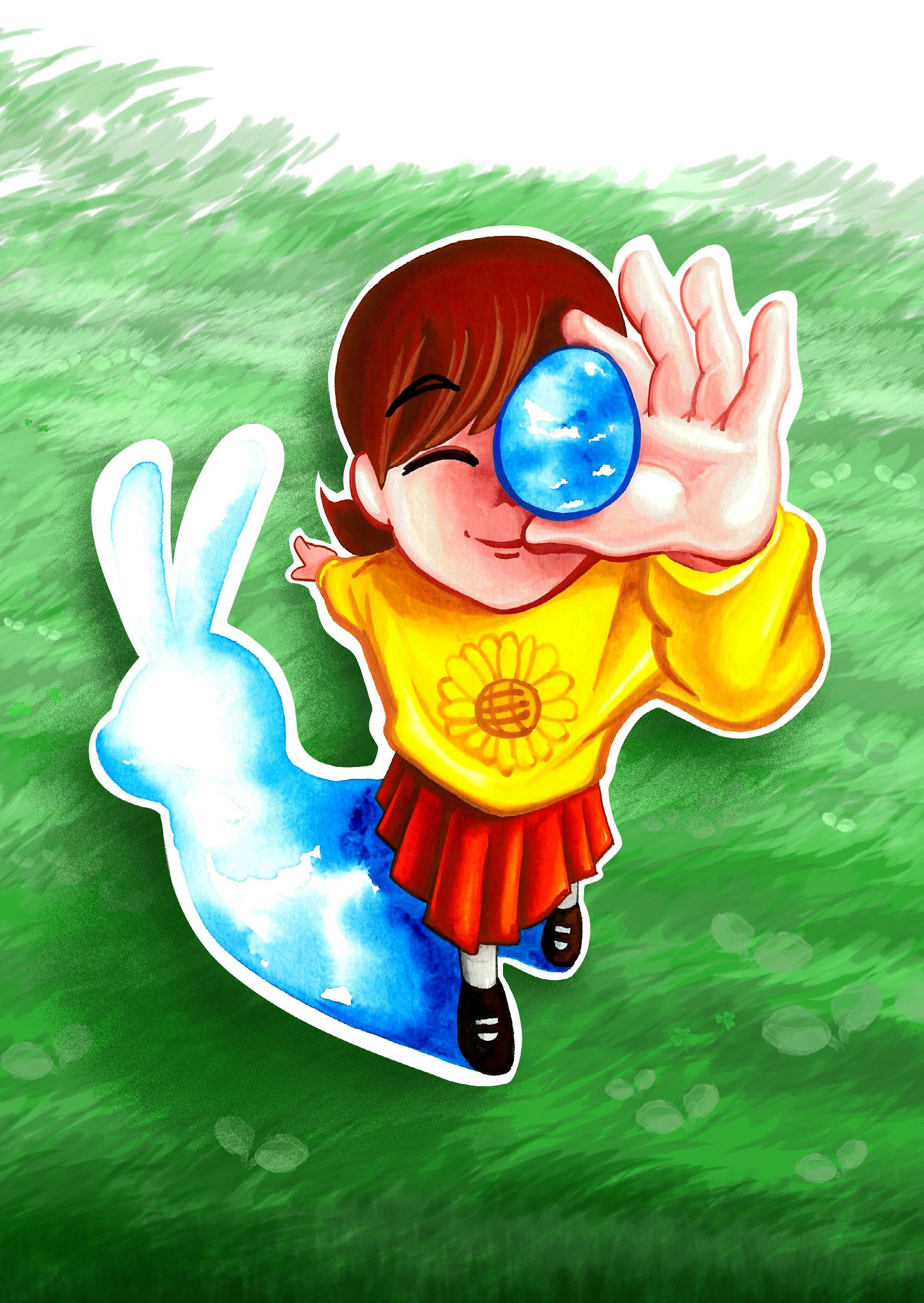
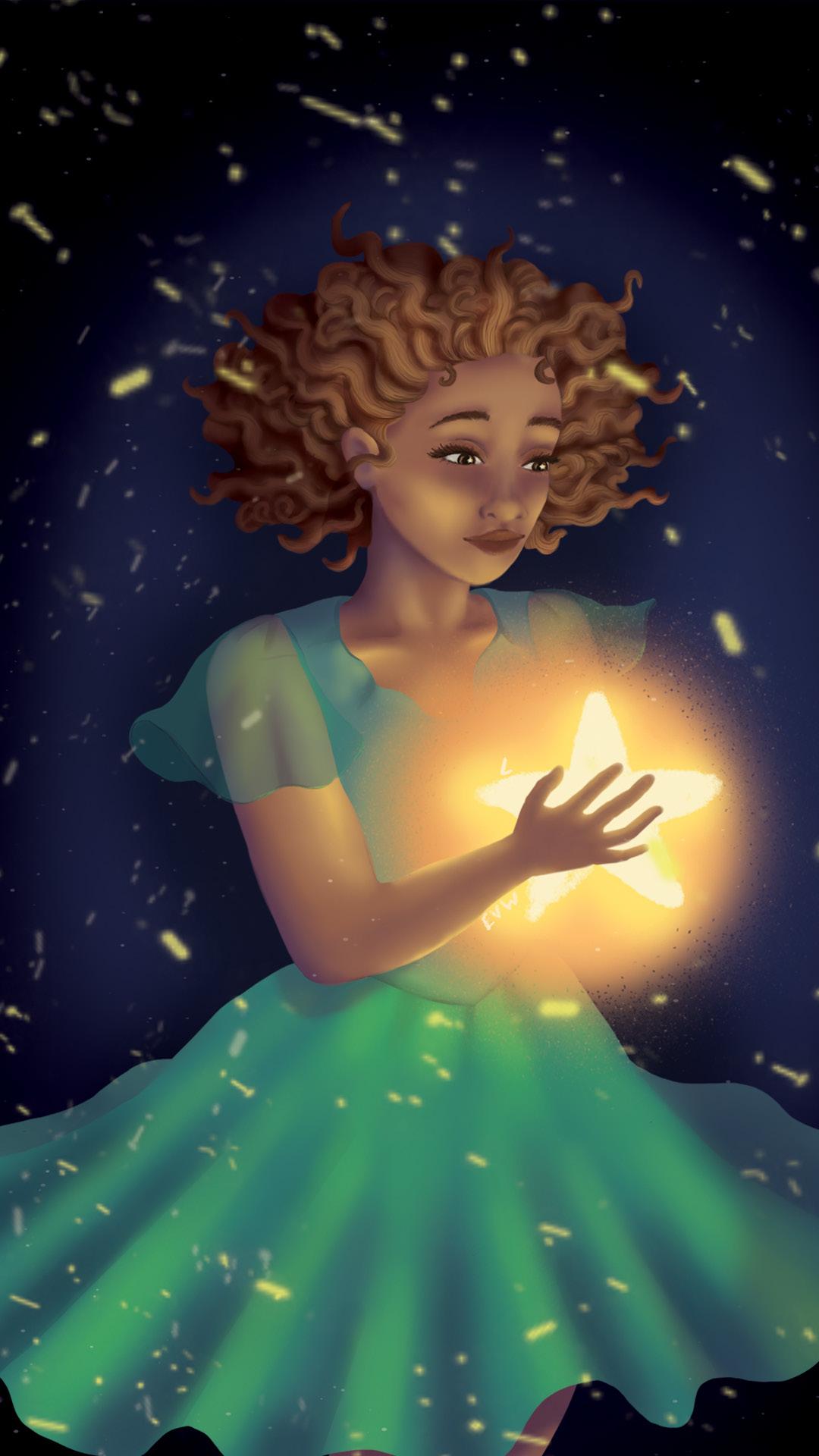
Being a history student entails researching and analysing the events of the past, through this I can pinpoint patterns in history and relate them to current affairs. Whilst I love learning about fallen empires and linking this to political theory leaves me with a solid knowledge of being able to identify the slippery slope we are on, it makes looking at BBC news page incredibly depressing. If you are like me, then you are doing your best to keep up to date about the constant flurry of news stories that sound something like this, ‘AfD (Alternative for Germany) surge is warning for other parties, says Merz’ and ‘Trump dismantles Voice of America with executive order’. It seems to be getting worse with every passing day.
But first, let’s have a look at Umberto Eco’s (political theorist) factors that make a fascistic state; powerful and continuing expressions of nationalism, check. Disdain for the importance of human rights, check. Obsession with national security, check. The supremacy of the military... check. Oh f*ck...
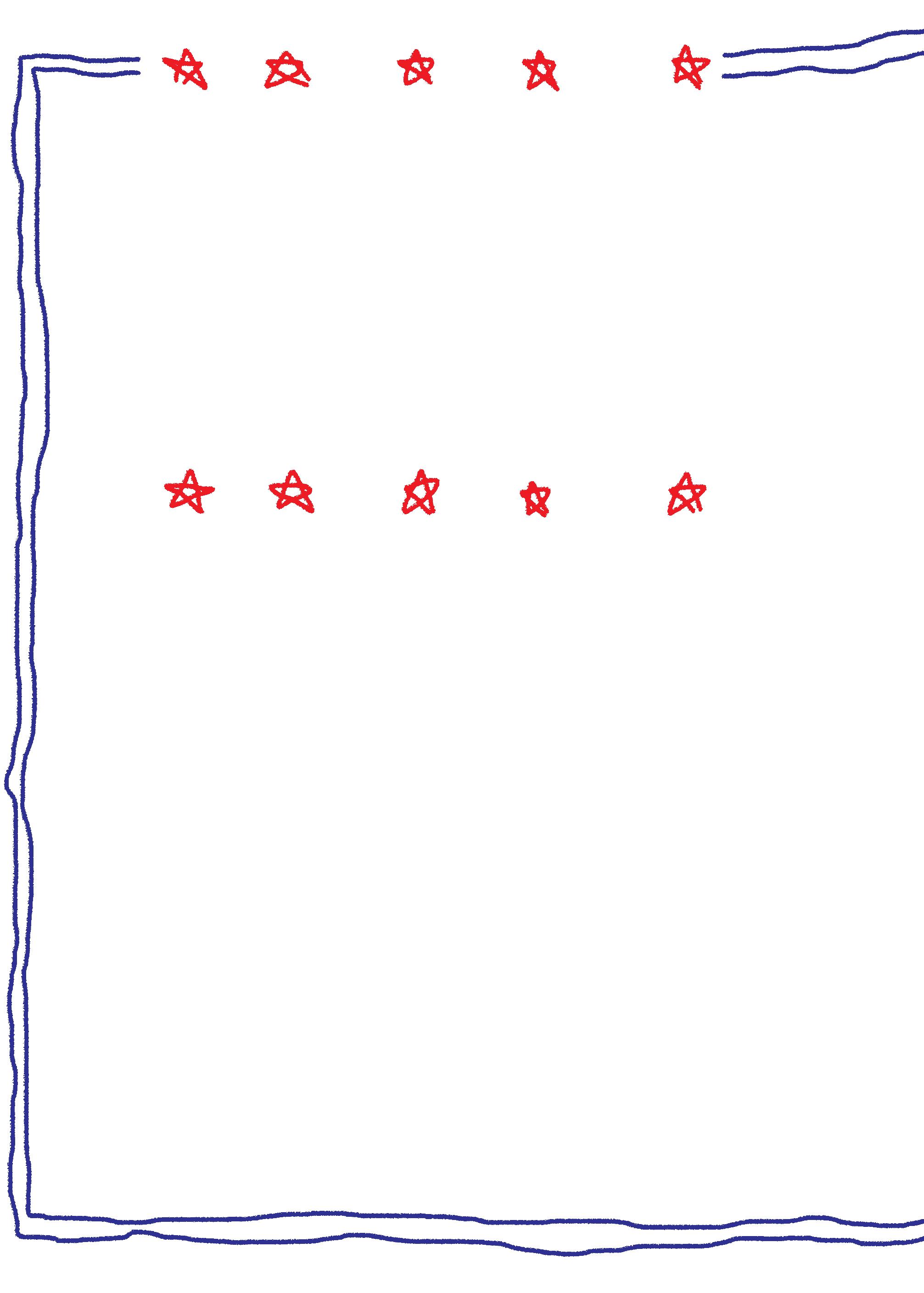
‘Whoa, whoa, whoa, Molly... chill out, would you? It’s not that big of a deal, we are living in the 21st century! We have checks and balances... we know better than to slip back into fascism.’
Right you are voracious reader! We have thousands upon thousands of scholars who are fighting tooth and nail to educate and prevent the tyranny of the 1930s returning to modern day politics... but wait, are we listening to them? Antiintellectualism is on the rise as can be seen in the recent (but not over!!) COVID-19 pandemic; with many people refusing to vaccinate themselves or wear face masks to prevent the spread of the contagious virus, it is clear that a large population do not trust the scientists and doctors’ knowledge. Along with the new age of antiintellectualism comes the defunding of educational institutions and the ‘reduction’ and ‘reshuffling’ of many universities (sound familiar, UoD student?). Thus, while we have these incredible academics telling us to be on our guard and to fight for

what matters most, politicians and higher ups (I’m looking at you, John Swinney) are burying their heads in the sand. To use a quote from @verybadllama on formerly named social media app, Twitter (please indulge me dear reader, it is the most succinct and insightful view of current global politics while also being damn quippy),
“backsliding into fascism just 80 years after WWII is like failing an open-book test in a room where the answers are written on the board and also being constantly read out loud over a loudspeaker”
After promptly retweeting to my paltry number of followers, I felt a quick succession of belated amusement, for someone also understands the irony, then the feeling of doom set in. How did we get to this stage? Do humans ever learn from the past? Why can I not just be blissfully ignorant of the downfall of democracy? The answer was in my final question, most people simply do not have the energy nor the time to care. A discouraging realisation, I am aware, but I fear that it is the most obvious answer. Capitalism has made the everyman’s everyday life too busy from working, paying bills and just trying to survive that it is near impossible to also go out and protest Isreal’s barrage on occupied Palestine because you are exhausted from a 40-hour work week! Dealing with the complications of everyday life is draining at the best of times but when you are faced with the collapse of society as we know it, all you want to do is take a very long nap.
Not only does the busy work week make it easier to ignore the constant human rights violations, but looking back to the rise of anti-intellectualism; do people even realise what we are heading towards? Whenever
I bring up the nationalistic endeavours of President Trump and how eerily similar it is to a certain German megalomaniac, people accuse me of exaggerating. I promise you, that if anything, I am minimising it. From Trump’s ‘catchy’ slogan of ‘Make America Great Again’ to the purging of deemed ‘undesirables’, it is hard not to make the comparison. Additionally, how could I forget Elon Musk, the richest man in the world and avid supporter of the U.S. Presidents, who vigorously nazi saluted at Trump’s inauguration. If those actions do not speak for themselves, then nothing will. After the nazi salute debacle, many Trump voters and Musk fans boot-licked (wait, I mean defended!!) and claimed that it was a ‘roman salute’. As someone who studied the Nazis for years during my National 5 and Higher exams, I can tell you that without a doubt, it was not Elon Musk displaying his love for the Roman Empire. If it walks like a duck and salutes like a duck... it is a duck.
‘Oh Molly, silly fool. Elon Musk is not in a place of political power. So, what if he is doing some pretty stupid things and defending Hitler?’
First of all, ‘pretty stupid things’ include paying your rent twice for the same month and buying two bottles of ketchup when you already have one at home (not based on real examples). Falling into fascistic propaganda does not fall under this category. If one defends Hitler and does a Nazi salute in front of millions, you are just a nazi. Secondly, Musk might not be elected to a position in government, but he is still the richest man on the planet and with those riches comes extraordinary power and influence over many impressionable politicians (including one wig-wearing and over tanned President). Wealth equals power and a habit to get away with things

(we have seen this movie before, no?).
Giorgia Meloni was elected to Italian parliament in October 2022 and refuses to distance herself from the country’s fascist past and was associated with the ‘Youth Front’, the youth faction of the Italian Social Movement (MSI), a neofascist party when she was a teenager. Meloni is the head of the Brothers of Italy, a right-wing populist party. The party itself is a direct descendent of the formerly mentioned MSI which was formed by members of Mussolini’s National Fascist Party after the war. Italy’s northern neighbours are also having a problem ridding their country with power-hungry tyrants. The Alternative for Germany (AfD) party received 10.3% of the vote in the 2021 federal elections, specifically the eastern province of Saxony, and it has only doubled in the last four years. Why is this a problem? The AfD is a neo-Nazi party that follows many nazi policies like mass expulsion of immigrants (the first step of the holocaust, may I remind you) and is currently under government watch for right-wing extremism. Now, you can see why myself, many other historians and political theorists are deeply concerned for what the future holds.
‘But what about fascism closer to home, we are such a democratic country and don’t have to worry about fascism... right?’
As much as I would love to agree with you, this is not exactly true. Reform UK, the party who advocates for ‘stopping the boats’ and ‘stopping the woke agenda in our schools’, won five seats in the last general election. Reform UK is pushing populist and xenophobic sentiment that seems to be targeting the workingclass population by proclaiming that ‘the immigrants are stealing your jobs!’. On
top of Reform’s recent rise in popularity, the Conservative government pre-2024 proposed a ‘Public Order Act’, 2023. In short, this law makes it much more difficult for people to organise a protest and easier for law enforcement to prosecute protesters when they ‘disrupt public order’ (because aren’t protests supposed to be demure?) and ‘damage public property’. One of the main tenets of fascism is suppression of opposition and the British government seem to be doing a lot of that lately, especially in reference to proPalestinian protests and ‘public nuisances’ such as Just Stop Oil (may I once again remind you; protests are supposed to be disruptive). So, is the UK really a haven for democracy or is it doing a convincing job of deceiving the British public?
‘Good gracious, you are depressing. Okay then, how do we fight against the resurgence of fascism in a way that is sustainable for the everyday worker?’
I am so glad you asked dear reader; I will be more than happy to tell you.
1. Talk. To. Your. Neighbours. I do not just mean the people that live beside you but your community! Go out and talk to the people in your religious centres and libraries, invite people to a gathering. If you do not have a community, make one. Set aside an hour or two and invite people to a ‘bring your own food’ picnic in the local park. People are always wanting to go out and form new friendships, forge the way to make them.
2. Educate yourself. Whether this be in the form of a hefty academic text or a quick 20-minute podcast, take the time to learn about the history of our shared world and what is currently happening outside
your little corner of the globe. Education is one of the best tools to fight against the rise of right-wing rhetoric.
3. Stay positive. Easier said than done, I know, but losing hope is just another way that right-wing politics wins. The more you hope and believe that the world can be a better place the more real it becomes. We, as humans, are stubborn creatures and we are too stubborn to not have hope for a brighter tomorrow (please forgive the cliché). Hope is the greatest tool we have to defeat right wing populist politics. We need that hope now more than ever (anthrax is also a pretty good option)
(All questions have been real questions I have been asked when discussing current events and how they relate to the past.)
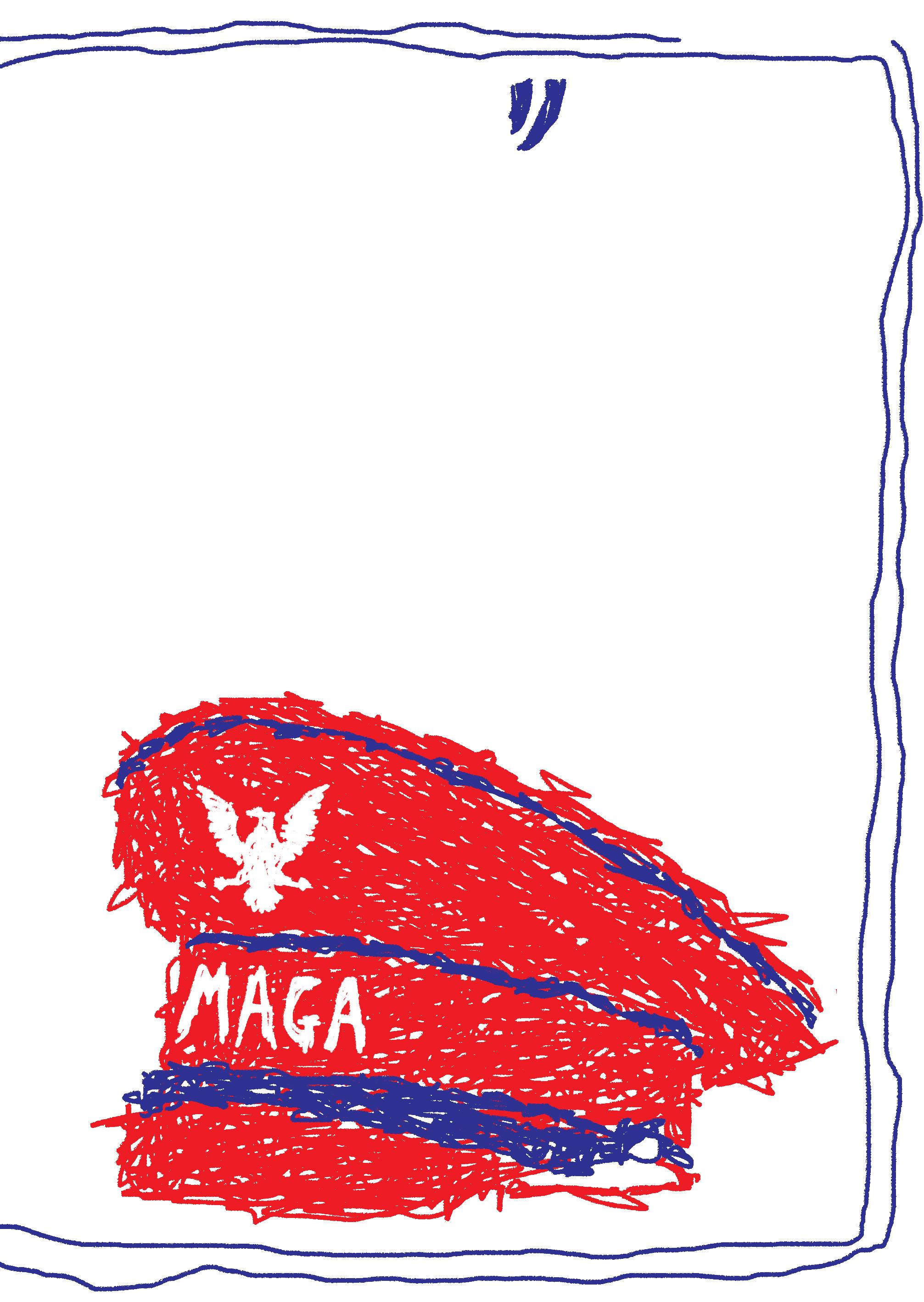
let’s have a look at Umberto Eco’s (political theorist) factors that make a fascistic state; powerful and continuing expressions of nationalism, check.
Disdain for the importance of human rights, check.
Obsession with national security, check. The supremacy of the military... check. Oh f*ck...
What isn’t there to love about music? It stimulates our minds, our hearts and our bodies, whether we are dancing or crying. There is no denying the emotional impact of music and its ability of association in our lives. A form of musical expression I feel is not discussed enough is the concept of a story album, a method I believe is best utilised by Ethel Cain.
Ethel Cain is the stage-name and fictional character of singer, songwriter and producer Hayden Silas Anhedonia. Anhedonia stated that the persona of Ethel Cain came about as a culmination of the “intersection between my experiences in the heavily religious American South and my dreams of the wild and free American West”. Despite having few previous projects, when thinking of Ethel Cain, the infamous 2022 debut album, Preacher’s Daughter, comes to mind.
Hayden Anhedonia had expressed that Preacher’s Daughter was always intended to be a film, however due to

financial constraints, she turned to her music to bring the harrowing tale to life, which led to a critically acclaimed album and mass following enthralled by the story of Ethel Cain.
As an avid admirer of Hayden’s work, I felt it only appropriate to discuss the impact of her artistry in the music industry by analysing and breaking down each song on the 1 hour and 15-minute album and its contribution to storytelling.
We begin Act 1 with ‘Family Tree (Intro)’, which sets the tone for the album. Set in 1991, the album details the character’s troubled relationship with religion, her past lover, her father (the preacher), and her eventual kidnapping and murder.
We unexpectedly shift from the nerveracking atmosphere of the first song to ‘American Teenager’, which, despite its upbeat instrumental, contains dark lyrics detailing the hypocritical nature of the American Dream.

Hayden states, “They make you think it’s all achievable and that if nothing else, you should at least die trying... I wrote this song as an expression of my frustration with all the things the ‘American Teenager’ is supposed to be but never had any real chance of becoming.”
Moving on to ‘A House in Nebraska’, Ethel thinks of her ex-lover, Willoughby Tucker, who left town before the events of the album. She remembers the good times they shared and longs for him to come back home, visiting the abandoned house they would spend time in and imagining it was their own.
‘Western Nights’ tells the story of Ethel’s new lover, Logan Phelps. Logan is less than kind, at times violent, but Ethel finds herself hopelessly in love with him despite his faults.
‘Hard Times’ sees Ethel reflecting on the sexual abuse she endured from her father when she was a child, and the complicated feelings she has in regard to him, mournfully singing ‘praying I’d be like you, doing all of the things that you do, and I still do, and that scares me.’
Act Two begins with the album’s longest track, ‘Thoroughfare’. Having run away from home after a police shootout with Logan, Ethel meets the charming Isaiah, who offers her a ride. Together, they drive from Texas to California and over the course of their trip, find themselves attracted to one another. There is speculation as to whether or not this part of the story is real or a traumainduced hallucination due to the context of the events proceeding their meeting.
In ‘Gibson Girl’, we discover Isaiah’s true intentions with Ethel. Once they arrive in California, he begins to pimp her out in the back of strip clubs and feed her drugs on the regular, causing Ethel to lose sense of reality.
Under the influence of Isaiah’s drugs, Ethel begins to hallucinate, confronting the darkness surrounding her. Inspired by Dante’s Inferno, ‘Ptolemaea’, named after Ptolemy, the circle of Hell in which the traitorous reside, Ethel contemplates if she is being punished for abandoning her family and faith.
In the first of the only two instrumental tracks, ‘August Underground’, Ethel wastes away in the attic of an abandoned shack in the woods, where Isaiah reveals his violent nature. ‘Televangalism’ alludes to Ethel’s death and ascension to Heaven through piano and ambient noise.
Upon entering Heaven in ‘Sun Bleached Flies’, Ethel makes peace with her death, and reflects on her life, her family, and the man she never stopped loving, Willoughby before transitioning to the final track ‘Strangers’, where Ethel says her goodbye to her murdered body, which has been cannibalized by Isaiah, and to her mother from beyond the grave.
This brings the tragedy of Ethel Cain to a close, only to be remembered as ‘a polaroid in evidence’ rather than the lonely preacher’s daughter searching for comfort in faith and love despite the turmoil it caused while she was alive.
In 1979, a film was released that was so horrifying it had viewers squirming uncomfortably in their seats and bursting out of the theatres to vomit from fear and disgust. I am of course referring to masterpiece that is ‘Alien’, directed by Ridley Scott.
There are many components that make ‘Alien’ such a compelling horror, such as the sound design and few visuals of the creature that challenge the viewer’s intelligence and imagination. Horror is born from making an audience think, and the essence to all great horror is a fear of the unknown, which ‘Alien’ undoubtedly mastered through an unfamiliar setting that provoked immense feelings of dread.
However, an unacknowledged component, that made viewers unknowingly sick to their stomach, was the presence and use of sexual politics to emphasise an ongoing societal hypocrisy.
The very nature of the alien is violating, with its process of reproduction by forcible impregnation and birth, to its design resembling both male and female genitalia. Through its nature, we uncover an allegory for rape and arguably the restrictions of abortion; the Face-Hugger, resembling female genitalia, attacks and forcibly impregnates the victim, with no harmless method of removal, until the alien,
resembling a penis, bursts from the chest cavity, a birth that ultimately causes death. Witnessing this violation has the audience harbouring instinctive disgust towards the creature, which is considerably ironic when analysing attitudes towards rape culture and abortion politics. The fact these visuals remain relevant today is a testament to the timelessness of ‘Alien’.
It was a specific creative choice to impregnate a man first in almost every film in the franchise, as it is often debated that if men were the one to carry a child, abortion and other methods of birth control would be legalised and accepted without hesitation. While the audience is against the actions of the creature, it is fair to assume that many women watching may in fact be familiar with the feeling it elicits, the experience of being trapped outside of your own bodily autonomy with no respite.
In retrospect, despite many films being released since its conception, I’d say only the original ‘Alien’ and its most recent branch in the timeline, ‘Alien: Romulus’, stay true to this rhetoric, whereas the others chose to focus on the action. While this aspect is engaging, nothing shall ever compare to the chilling atmosphere created by the underlying sexual politics of ‘Alien’

Ruffled feathers of twilight blue, combed by the whispers of wind. Their chattering beaks call to me, as if talking to a twin. Their watching my safety. Their perches my guides. I walk between their path, with each hop I step.

Omen of ill fortune,
Imps of a raven, I offer you what I carry, Not for fear, they’re just raisins.
I see them more and more, My journey is theirs, The reasons need not be clear, I simply have a black feather in my hair.


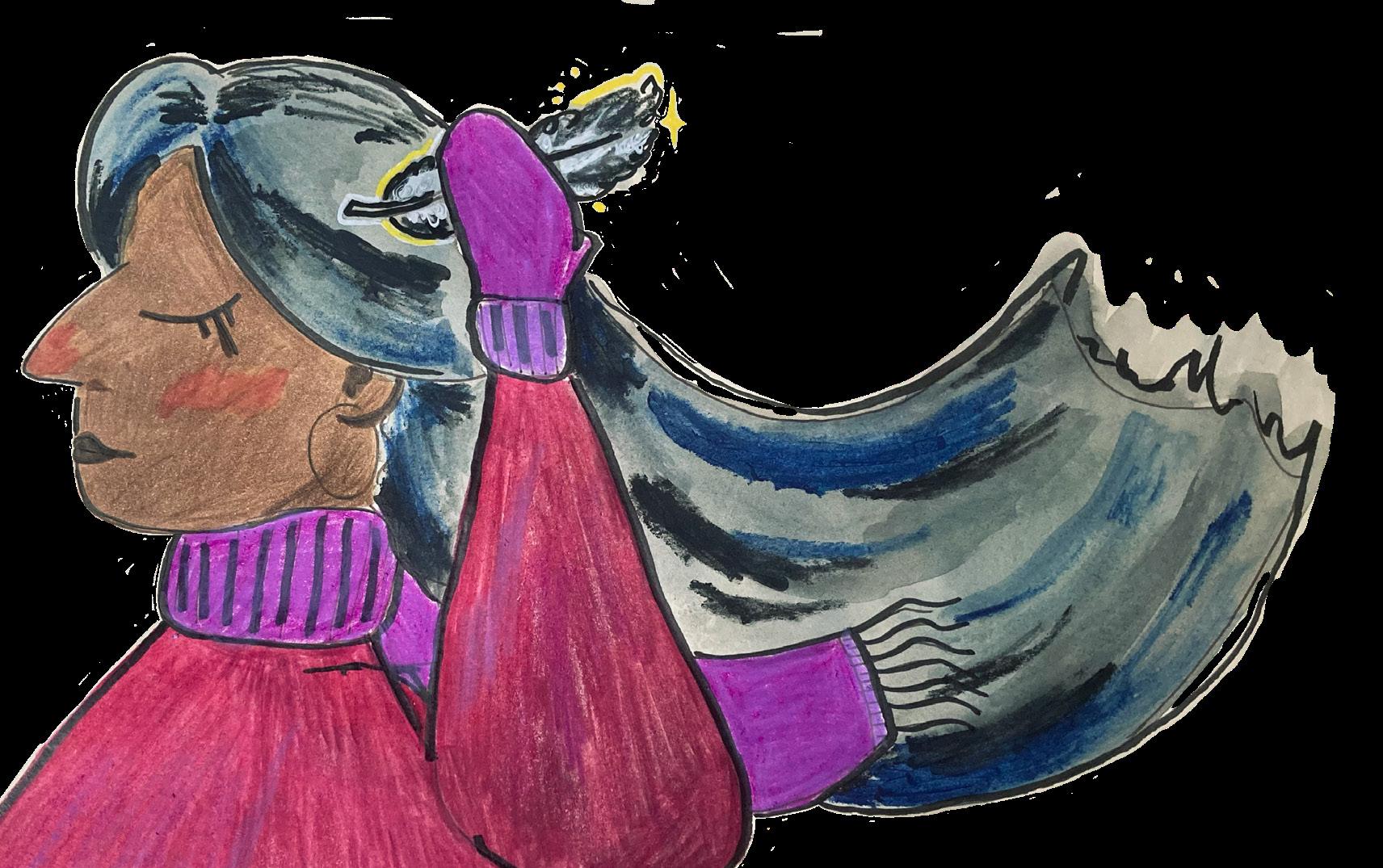




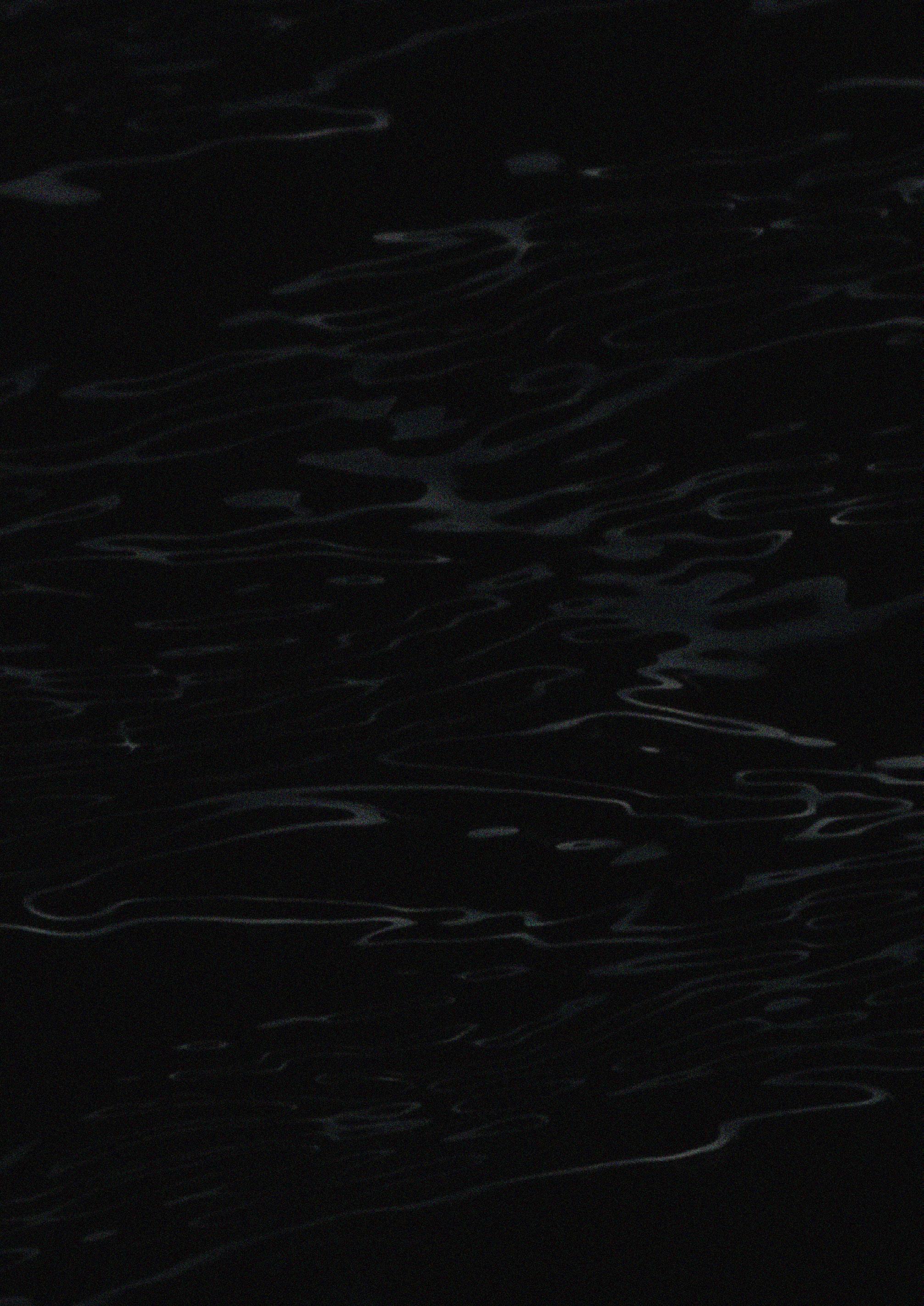
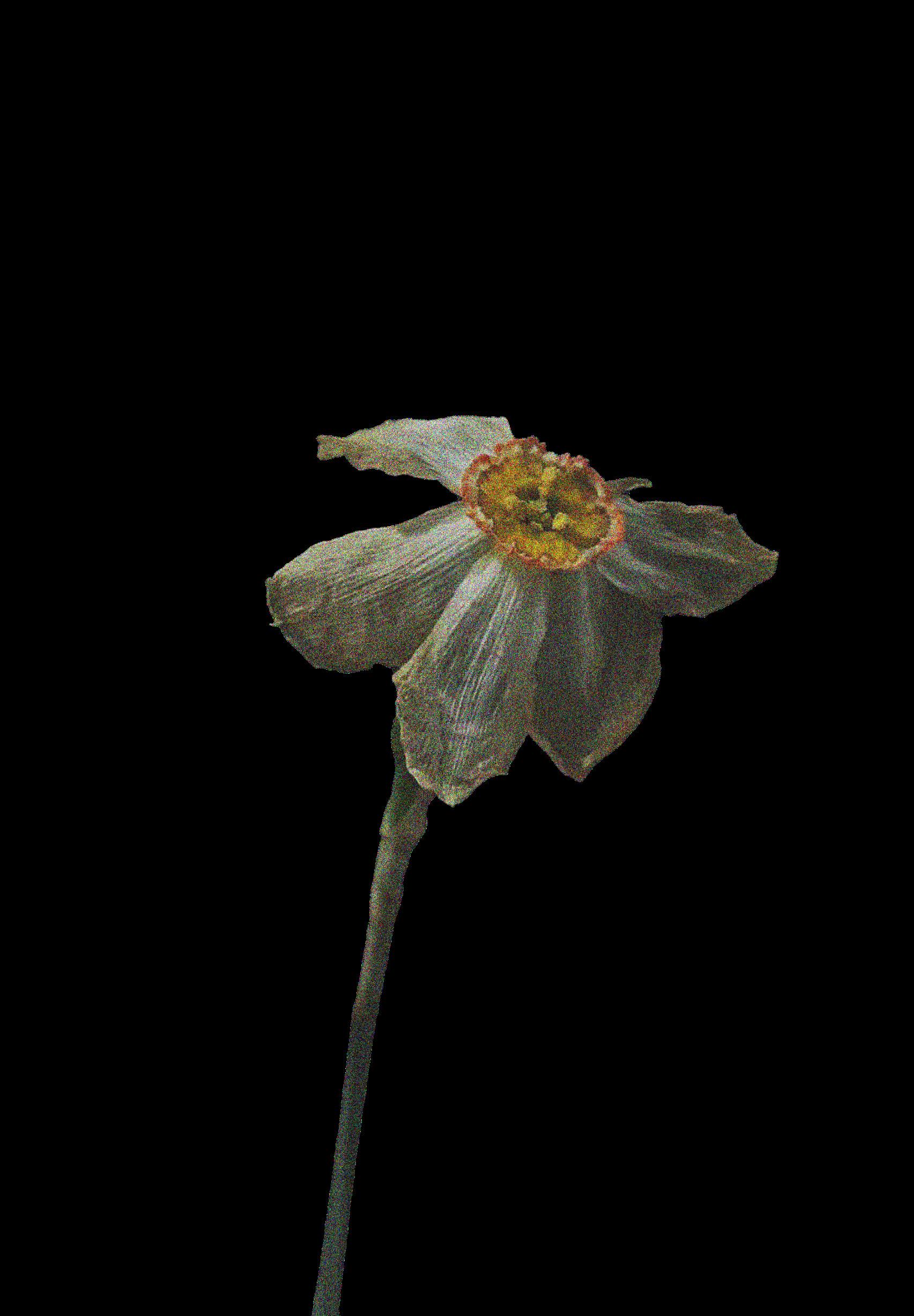
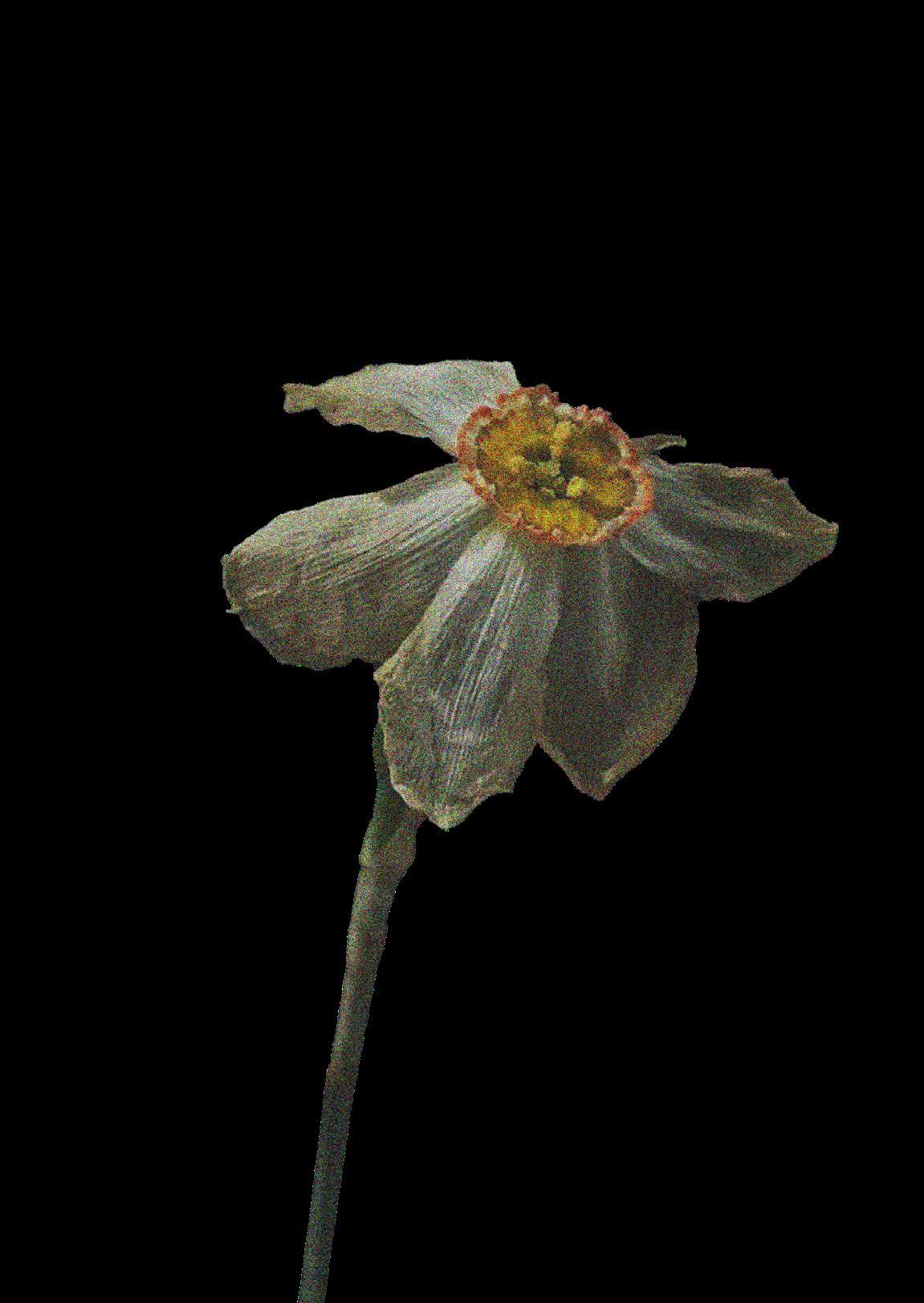

Yer da filled a blow up swimming pool with pudding, in the hopes of centralising the flies, and stopping them from coming into the house. They still come into the house, they are just lethargic from the sugar now.
Yer da goes to modern art galleries, and says ‘I could’ve made that.’ He is looking at the fire escape. In this way, he becomes something of an installation piece. Ironically, he did make that.
Yer da goes into a room, forgets what he went in there for, and leaves. This would be fine, were he not a spinal surgeon. The patient is paralysed for life.
Yer da decided to use the power lines as a zip line when your maw went out to the shops. He used an old bit of hose as the handle, so that it was insulated, and now he claims he can have fun and charge his phone at the same time.
Yer da fell in the pudding again, he is all covered in flies, and pudding, and regret. He carries the flies into the house with himself out of sheer defeat.
Yer da swallows pennies. He has nicknamed himself the human wishing fountain, he jingles when he walks now, and spends his evenings closing his eyes tight, and trying to feel lucky. Morrisons doesn’t let him put change in the charity box now, given how it smelt the last couple of times. Weirdly, that was his wish.

Yer da claims his da could beat my da in a fight. He says his da is an old west prospector, and would lamp my da over the head with a pickaxe made out of pure gold. Honestly, I have no real reason to doubt this, but I am still sceptical.
Yer da follows stray dogs around town. ‘Where do they go at night?’, he can sometimes be heard to mutter to himself.
Yer da is still covered in the pudding several hours later. He said he was going to shower, went into the bathroom, and ran the water for an hour and a half. When he came out, he had just licked his own initials into the pudding on the back of his hand, and looked a little bit nauseous. The prevailing theory is that he swallowed a fly.
Yer da collects the Daily Mail, to read all at once on a sunday. He calls this his weekly treat.
Yer da is also my da. This makes his claims about his da being able to beat my da in a fight that little bit sadder. Sometimes I see him sit by the grave and cry golden tears.
Every night when he lies in bed, yer da imagines himself as a caterpillar in a cocoon, and hopes he’ll wake up in the morning as a beautiful butterfly. He invariably wakes up disappointed, goes downstairs, and makes you porridge for breakfast, even though you hate porridge. I don’t think he’s happy, sometimes. Strangely, he has never thought to wish for the butterfly thing when he swallows pennies.
Yer da secretly likes the flies in the house, they keep him company when yer maw is at work.
Words: Emma Thomson, Designer: Alex Gordon
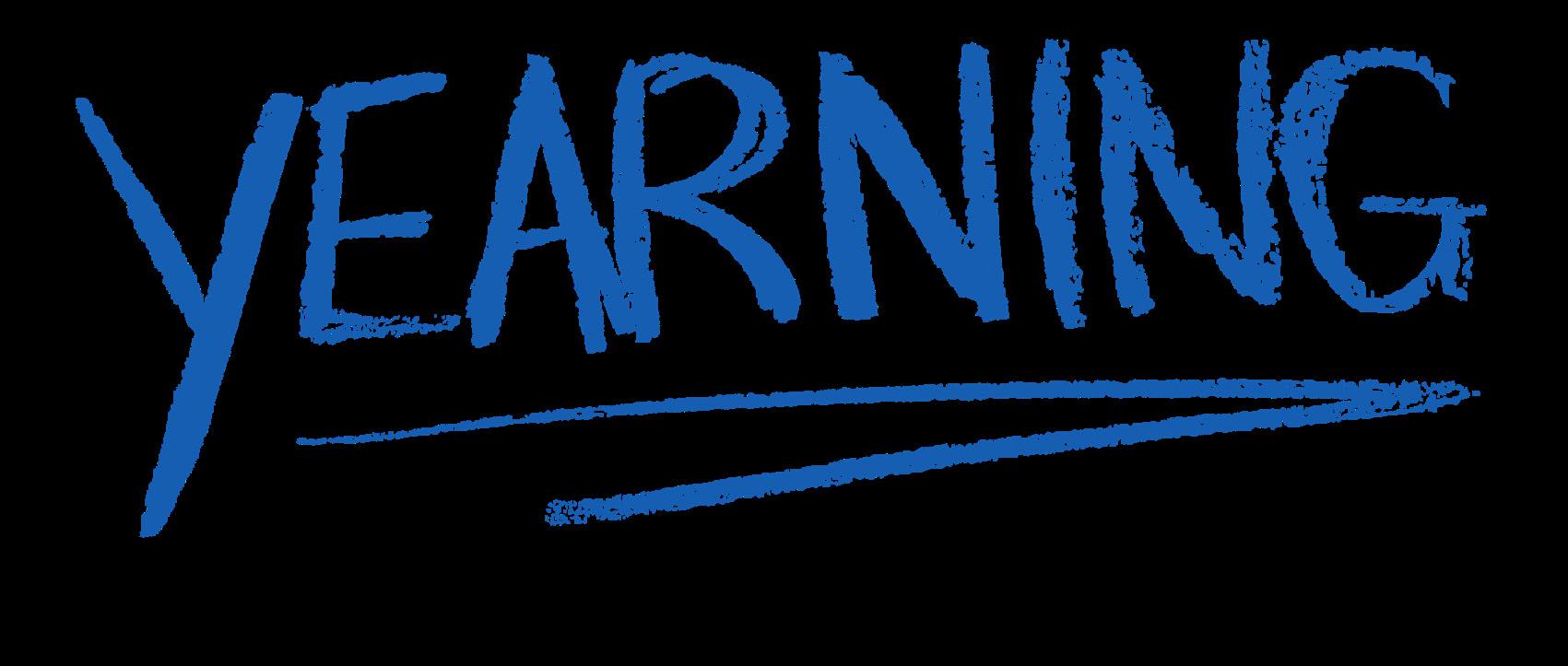
Yearning for an easier time
When life was sweeter
And the world wasn’t turning to shit
I don’t know where I’m going or what I’m doing
Most days all I want to do is cry
But the tears won’t come
Could spend hours crying in the shower
(I’m so sick of crying)
And I miss my family like hell
The smell of my dad’s aftershave and my mum’s washing
The funniness of my brother’s jokes
And the calmness that my grandparents bring
Their cooking and homemade meals
Homemade soup and roast chicken dinners
Time spent together as a family
My dog’s softness and comfort
I haven’t had my hair cut in months
Some days I want to shave it all off
And start afresh again
I don’t know who to turn to
And I love Dundee
But everything feels so cold
I’m so tired for a time I used to know
Just waiting for a time when I can be home (again)
Lately I’ve been so tired
And not the normal kind
Spiritually tired
Life is still beautiful
No matter how sad I get
My head feels messy, and my eyes feel heavy


(When Will I Be Eaten?)

Love; the bastard child of light and loathing
Grinding men to meat between ruby teeth
Count me, too, captive to monstrosity
Helpless to love, though not for its goading,
But her blindness! Suffering is absence.
To be ignored, spared from her gorgon eyes
Such a fate is, truly, what petrifies.
I howl, for love is pain, as the distance
Between us grows like legends and heroes.
Fain and feckless are the faces of men,
If you should grow to tire of their dull end
And find that stiff flesh brings only repose,
A new dish could bring you pleasure again.
(My victimhood, I would happily lend.)
Friends, acquaintances, academics,
May I present to you my findings in this most singular and unnerving case. We are esteemed scholars, unaccustomed to superstition, unfettered by the phantasms that haunt lesser minds. And yet, I implore you, with all the solemnity, to set aside the rigid confines of your beliefs and listen to the warning I am compelled to utter. I bring before you no idle fancy, no lurid tale fit for the penny dreadfuls, no fiction formed for infant consumption, but rather a dire foretelling of matters our collective consciousness has dangerously consigned to oblivion.
For centuries—nay, millennia—there have been those who move among us yet do not live, nor breathe, as we do. Their existence defies the order of nature as we understand it, challenging the sacred chronology of birth, life, death, and the promised beyond. They are not mortal as we are mortal. They do not age, nor do they wither. They skulk in the periphery of our world, in the shadows cast by flickering candlelight, their forms elusive, their intentions malevolent. They are the damned, the undying, the eternal, the soulless. They defy God. They are creatures of the night.

The late Dr. Polidori, in his fevered imaginings, gave shape to them in fiction. Mister Stoker, with masterful pen, wove their existence into legend, illustrating their habits and giving them names that have since haunted the minds of those who dare to read his work—Nosferatu, demon, vampire. Yet, gentlemen, I submit to you that these names, though evocative, fail to encapsulate the true horror of what these beings are. Names, after all, have power. And it is with precise naming that we might rob them of some measure of their dreadful mystique.
Let us, then, turn to language—to the precision of lexicology. The suffix ‘-vore,’ derived from the Latin vorare, denotes consumption, devouring. Examples—carnivores feast upon flesh; herbivores consume the bounty of the earth; omnivores partake of both. There are molluscivores, insectivores, corallivores—each defined by the object of their appetite. But what of those who sustain themselves upon the very lifeblood of the living? To this classification, I give the name they have long deserved: Haemovores.

Throughout history, these beings have existed, feeding upon the blood of the living, sustaining themselves on the crimson nectar of life itself. In the mist-laden recesses of forgotten corners of Europe, they persist. I have trekked through the whispering forests of the Carpathians, where the very air is thick with the weight of untold horrors. There, among the crumbling castles and forsaken graveyards, I unearthed fears—bells affixed to tombs, tethered by thin cords, lest the interred should stir within their coffins; villagers who clutch their crucifixes, distrust simple reflections, and refuse to speak of the things that prowl beyond the firelight.
Since the death of the AustroHungarian Archduke, our continent has been thrust into shadow. Amidst this upheaval, the haemovores have begun to scatter like petrified rats, driven by a terror we have yet to comprehend.
This exodus has not been sudden—it has been a slow migration that has traced the path of imperial expansion. They have crept into our lands, hiding in the subterranean depths, slipping between society’s cracks. My life has been dedicated to their destruction, a calling that has led me to consult both the divine and the arcane in my pursuit of these Hell dwellers. I have wielded weapons fashioned of the earth itself— wood, hewn and sharpened by human hands, driven into the very heart of their corruption.
With every passing century, we have hunted them. The advent of gaslights wrenched them from the darkness, allowing us to strike them down where they cowered.
We have scoured them from our cities, purged them from our shores. They fled across the Atlantic, seeking refuge in the lawless frontiers of the New World. And yet, we found them. We pursued them. We burned them from their hiding places. And so, they fled again. Where could they retreat? It is here that I bring forth my most chilling discovery. Once, they were the aristocrats of Europe, discussed in hushed tones in the great parlours and halls of power. In Russia, there is even now talk of a reverend whose nature is suspect, a rogue whose presence instils unease.
Many have already hidden themselves in plain sight. For among their unnatural gifts is the power of transfiguration, the ability to assume new forms.
As our great explorers—Livingstone, Burton, Speke— pioneered into the uncharted depths of Africa, they encountered a creature most peculiar. A timid creature, seemingly insignificant, and yet, in its nature, a deadly reflection of the haemovores themselves. It thrives upon blood. It feasts in the night. The haemovores, unable to remain in their humanoid forms, have found new vessels. They discovered a new way to endure. They are here, my friends. They are among us still. They are in the hum of a summer evening, in the fluttering of wings at the nape of your neck.
They have become the mosquito.
AVH Lake Victoria September 1914

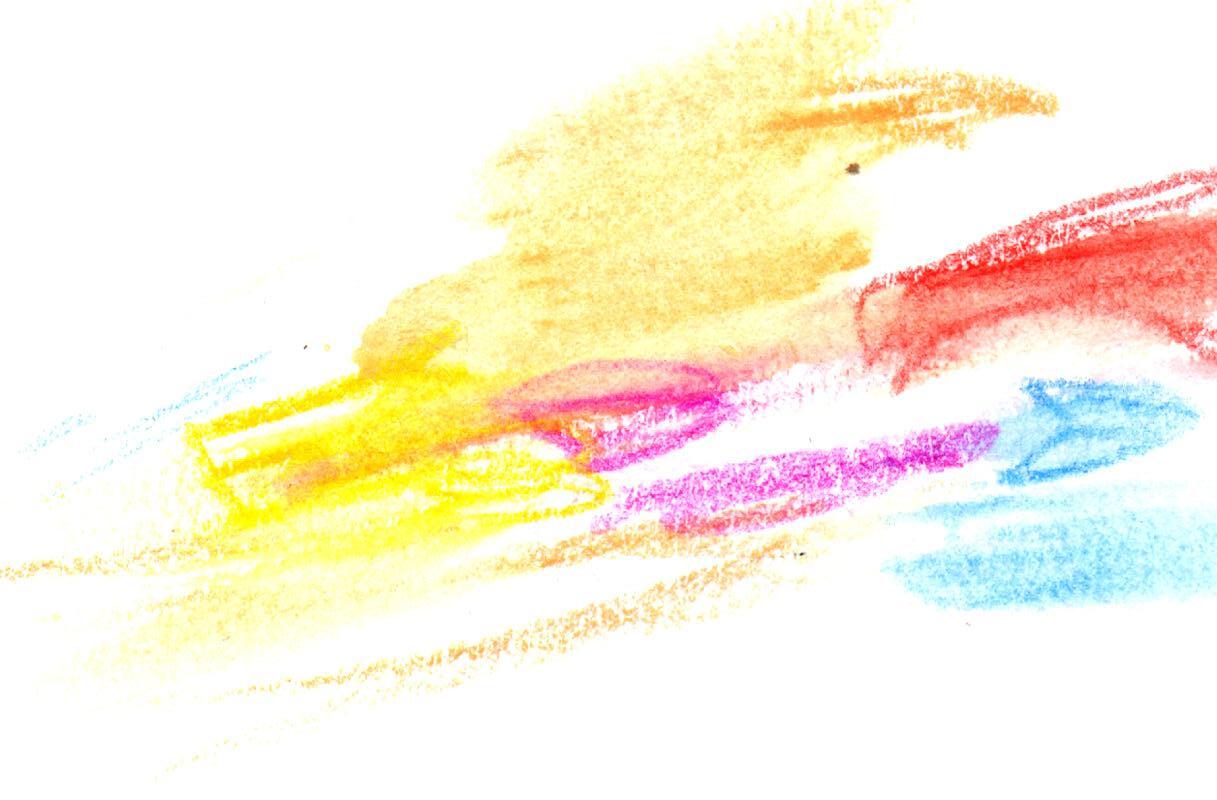
I was never raised religious, never fully understood the concept of ‘God’. Growing up, religion was a lesson in school that I would slowly daydream to, something taught as truth rather than opinion. Our music teacher would teach us hymns for Easter and Christmas the few days a year spent in the Kirk down the road from our school. The Kirk Minister would visit sometimes, read us stories from the Bible and invite us to pray, which I did not know how to do correctly. I would usually sit and look at everyone else with their heads bowed and hands clasped, trying to figure out what was so important and how everyone knew what to do. I was confused when some children would not attend these assemblies due to being witnesses to something else I did not understand. The few times my interest was sparked was when a match was struck for a candle which a few children got to hold once a year, though I never got to hold one in my seven years of primary school. I have a faint recollection of summer play groups held in stuffy high school PE halls. These were more stories from the Bible and crafts resembling crucifixion or colouring books littered with scenes of the last supper or the betrayal from Judas. I was completely indifferent to all these practices, which to me were mostly boring but harmless. Then I got to high school.
I realised with much strife over the first two years of high school that I liked girls as well as boys, something I never realised was acceptable. With that came the jarring
discovery of how the church hated people like me. I thought I was wracked with sin and headed straight to hell. This unnerved me. What happened to all the lessons of love and kindness? Was I not the good person I thought I had been raised to be? Suddenly, the indifference I felt towards God was poisoned, including the way I was defining my worthiness to appreciate and be part of His community. I couldn’t handle it, so I thought that if there was a God and these were His lessons, malice toward what was supposedly different, then He was no God worth respecting.

For a long time, I decided I was an atheist, albeit out of self-preservation. I found comfort in the LGBTQ+ community, found people who understood and cared for me, and slowly became unashamed of my queerness. But I always had an itch that needed scratching, a low, sinking feeling in my chest every time I passed a church. I brushed it off as feelings of dread, anger, and anxiety and got on with my life.
It was already a massive change for me when I moved out for university. All my routines were uprooted. I was slowly realising that my friends and I would never live in the

same place again, that my family was not a single room away, and that I needed to start learning how to be responsible, an adult. It was daunting and, at times, terribly overwhelming. I went through peaks and troughs with my ongoing depression and constant burnout and could seemingly find no solace. Then I met Mia.

Mia and I clicked instantly the first day in our art studio, and she has since become my closest and dearest friend, like a sister to me. We became inseparable, so much so that we started living together for our second year. We both go through our own trials and tribulations with many things, such as being autistic, being in long-distance relationships, and even just doing the menial domestic chores. Not long after we met, I found out Mia was raised Catholic and, at that moment, I felt fearful. I thought that since Christians supposedly hated queer people, Mia would too when I told her about my girlfriend, and I wondered why she didn’t. From then on, she opened my eyes to something I’d never considered; faith is personal, it doesn’t define you, and it’s something that should comfort and inspire you. I started to think that maybe the complicated feelings I had towards Christianity were, in fact, yearning and fear of not being accepted. Mia gave me the opportunity to create a new relationship with faith and to understand how I felt. I’m slowly but surely still figuring things out, slowly but surely, where I fit into all of this, what I believe and what I find comfort in.
I don’t think I would’ve ever been comfortable exploring this side of myself if I hadn’t met Mia. She is the epitome of kindness and has shown me that faith is what I need it to be, and for that, I couldn’t be more grateful.



Sunshine peeped through the curtains into the dark room; this had always been an hour of great relief for her. The sun rose every morning as an antidote to the anxiety of the night, which manifested as horrifying nightmares and daunting thoughts. Its rays sifted through the barricading layers of the window. The window was the perfect representation of the tempest brewing within her mind, her soul, her being. There were four layers in its design. The first was the curtain, sewn in thick fabric adorned with art, but ironically, its suffocatingly opaque existence killed any room for creativity. Then, there was the metallic mesh embedded in a wooden frame, forming a perforated screen. Next was the robust bars of pure, raw metal, which smelled like incarceration, pushing back at all efforts for an escape. The solid yet fragile glass formed the final layer.
It was hard to question the ideas being fed to her in this room. It was difficult to question when she was raised in a severely patriarchal household, on bigoted ideas against her gender. It was difficult to pierce through the veil of abusive restrictions. It was difficult to not drown in self-doubt. ‘Girls shouldn’t,’ people would say. ‘Girls don’t, they are not meant to,’their voices echoed.
It was an act of resistance to break free of this mindset. She undertook this journey with tiny hesitant steps. One morning the sunlight peeking through the slits in the same window teased the courage into her. She gained the strength to question, to open the curtain. Years of discrimination distorted her judgement with self-doubt and underestimation of her abilities and worth like the latticed mesh distorted the vision of the outside world. The harsh backlash then tested her valour like the merciless metal bars, which reeked of incarceration and only offered the most resilient a chance at survival. She had fought through these levels of indoctrination and could now clearly see the other side through the glass. However, the glass was solid. It was solid like the comfort of familiarity. It was solid like the bonds of familial love, honour, and duty. It was solid like the fear of a child venturing into the unknown. There was a fierce grapple for dominance between the urge to break through the shackles and paying the cost of freedom. Despite second-guessing herself and challenging the conviction of her ideas repeatedly, she pushed this window open. A reformed, more powerful, and happier version of herself awaited on the other end like a draught of fresh air, finally entering the room.